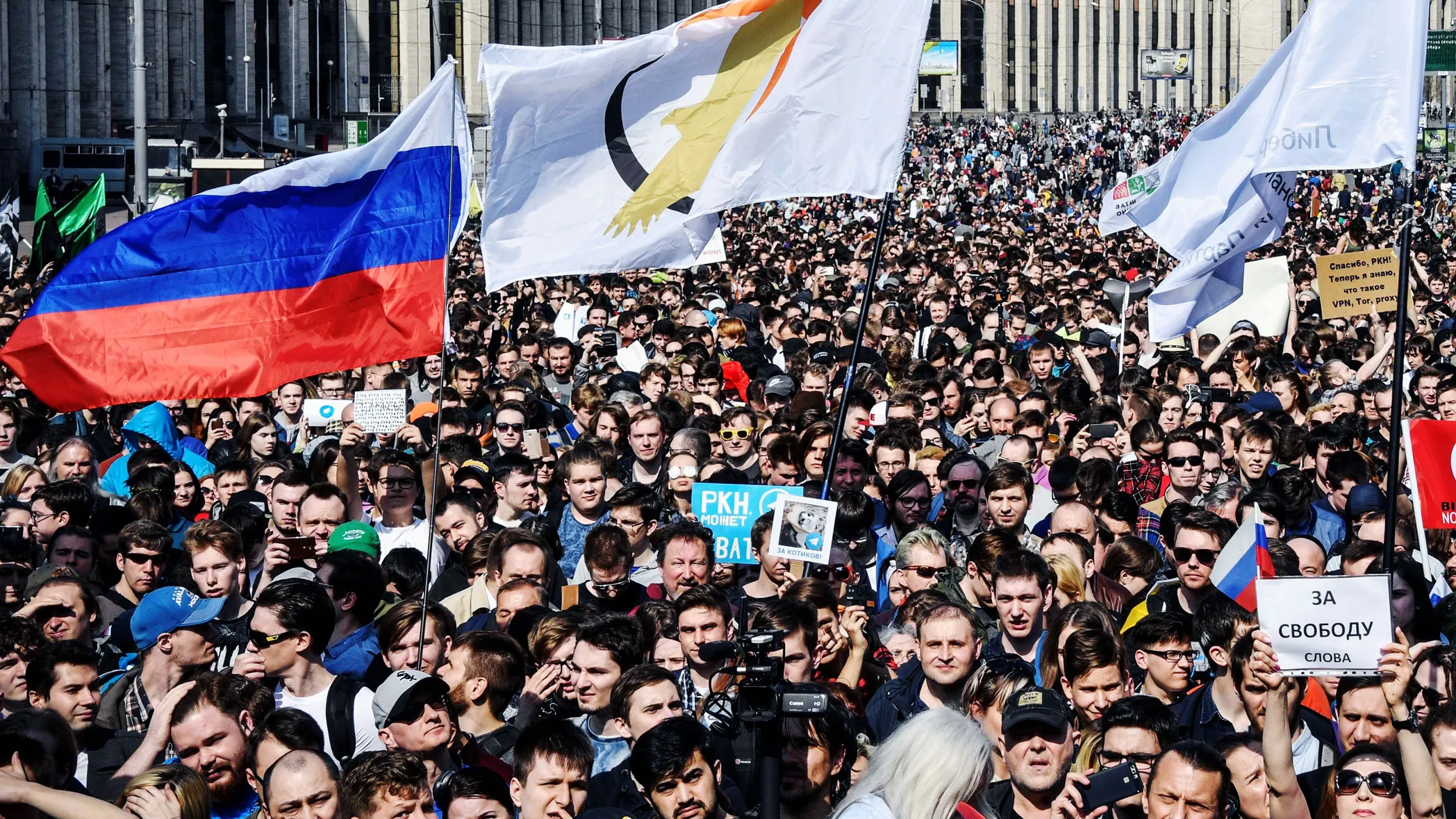Russia’s once-vibrant media landscape has been steadily eroded by a tightening grip on information and expression. The Kremlin’s increasing authoritarianism has led to a resurgence of censorship, reminiscent of the Soviet era.
The Digital Iron Curtain
The digital age, while offering new avenues for free expression, has also provided the Russian government with powerful tools to control information. Key methods include:
- Website Blocking: Authorities have the power to block access to websites deemed harmful or subversive. This includes news outlets, social media platforms, and independent blogs. Prominent examples include Twitter, Facebook, and Instagram, which have been restricted or banned outright.
- Internet Throttling: Slowing down internet speeds, particularly for websites critical of the government, is a common tactic used to hinder access and disrupt online activism. This can make it difficult for citizens to access news, communicate with each other, and organize protests.
- Surveillance and Monitoring: Government agencies monitor online activity, including social media posts, emails, and messaging apps. This surveillance can lead to intimidation, harassment, and arrests. By tracking online behavior, authorities can identify potential threats and silence dissent.
The Muzzling of Independent Journalism
Independent journalism in Russia has been severely curtailed. Journalists face a range of threats, including:
- Physical Threats and Harassment: Journalists critical of the government have been subjected to physical attacks, intimidation, and surveillance. In some cases, journalists have been beaten, poisoned, or even killed.
- Legal Harassment: The government has used a variety of legal tactics, such as libel suits and criminal charges, to silence journalists and media outlets. These tactics can lead to fines, imprisonment, or the closure of media organizations.
- Self-Censorship: Fear of retaliation has led many journalists to self-censor, avoiding sensitive topics or toning down their reporting. This self-censorship limits the diversity of voices and information available to the public.
The Impact on Civil Society
The crackdown on free expression has had a significant impact on civil society in Russia. Independent organizations, NGOs, and human rights groups have faced increasing restrictions and harassment. Many have been forced to shut down or operate clandestinely.
The Future of Free Expression in Russia
The future of free expression in Russia remains uncertain. The Kremlin’s continued efforts to consolidate power and suppress dissent pose significant challenges to the development of a free and independent media. However, a resilient community of independent journalists and activists continues to strive for a more open and democratic Russia.
International support and solidarity are essential to help them overcome the challenges they face. By exposing the Kremlin’s censorship tactics and advocating for human rights, the international community can contribute to the restoration of a free and diverse media landscape in Russia.

Leave a Reply